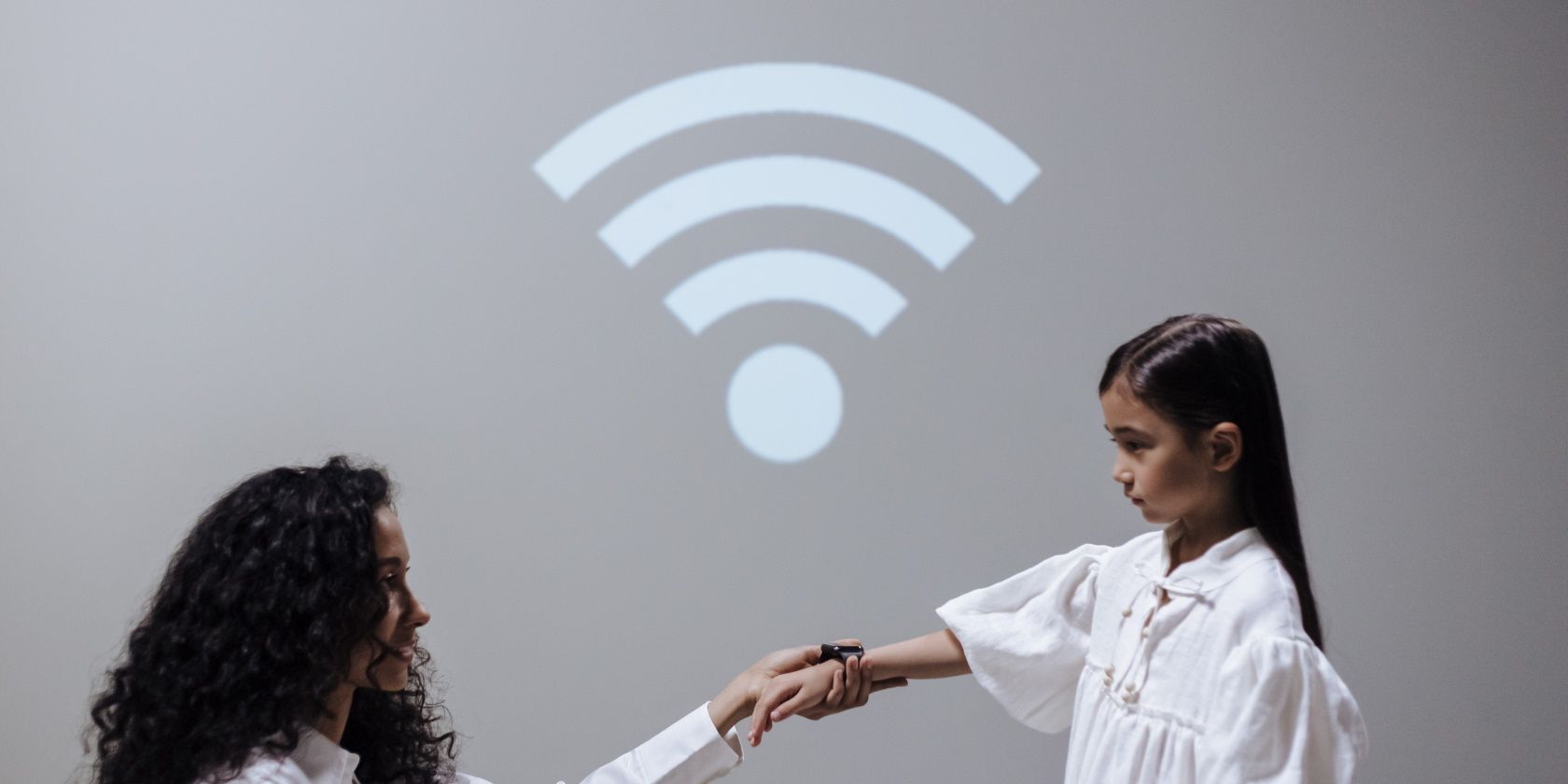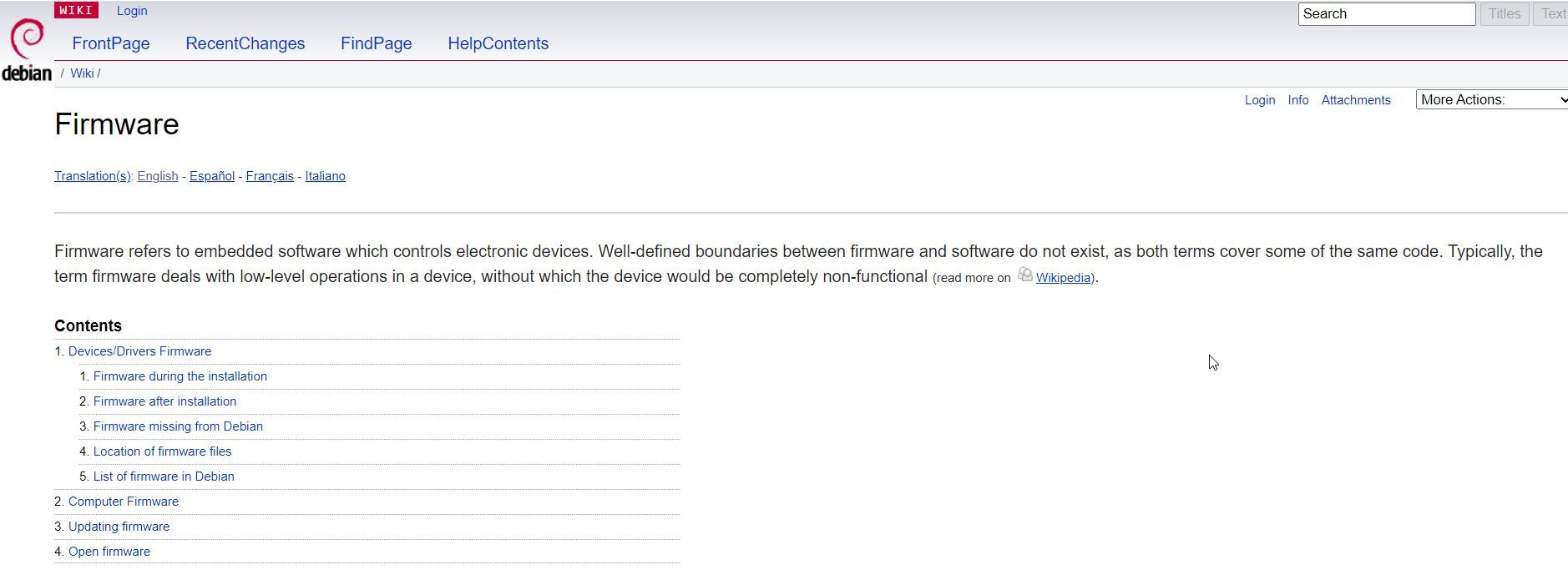The Debian project is making a major change to how it handles proprietary software in the next version. Debian 12's installer will feature proprietary firmware in order to make installation easier with Wi-Fi adapters.
Debian Community Votes to Include Non-free Firmware
The move is a compromise to have Debian run on modern hardware, according to Phoronix. When the Debian Social Contract that governs Debian development was drafted in the '90s, the vast majority of internet connections were wired.
Debian is one of the oldest Linux distributions that is still actively maintained. Debian is well-known for hewing closer to the free software movement, to the point where it was endorsed for a time by the Free Software Foundation and refers to itself as a "GNU/Linux" system, in accordance with Richard Stallman's preferred terminology.
Debian is also known for making design decisions in a democratic manner and putting decisions to a vote among members of the community.
The main reason for the inclusion of proprietary firmware is that certain hardware manufacturers, particularly makers of Wi-Fi adapters, refuse to make hardware details available. For that reason, only binary drivers are available. While other Debian derivatives like Ubuntu and Mint provide these non-free drivers, until the vote, Debian developers considered it an unacceptable compromise, even if it made running Wi-Fi out of the box using stock Debian impossible. Debian currently includes a link to an unofficial installer on its wiki.
The result seems to indicate that the Debian developers changed their minds and were willing to include these non-free drivers. With proprietary Wi-fi firmware, Debian should stay competitive with other Linux distributions.
What Were the Options?
The vote on the changes lasted two weeks and the choices included including only one installer with non-free firmware, the installer containing non-free firmware but with the ability to disable it, allowing multiple installers with non-free firmware, changing the Debian Social Contract to allow non-free firmware and including it in the installation, and changing the Social Contract and including multiple installers.
The option to change the social contract and include one installer with non-free firmware was the winner.
What Happens Now?
The changes will affect the next version of Debian, version 12, codenamed "Bookworm." This version is expected to launch in 2023. The move should make Debian easier to install by less-experienced Linux users. This means that Debian has a chance to peel off users from other distros, including its derivatives, going forward.
A Major Change to Debian
The move to include non-free firmware may rankle some free software purists, and may help them make the case of free software distinct from "open source." While pragmatism won the day in the Debian decision, the free software movement seeks to spread the idea of software that can be freely modified at the source code level as an ethical imperative.


